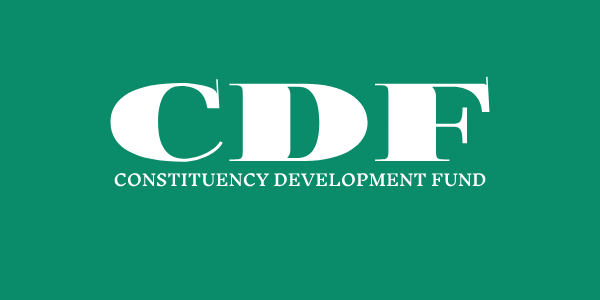CDF grants are under scrutiny as government officials commenced discussions on the inconstancies in the legality of their disbursement
SENIOR government officials have begun a series of meetings to address what is described as the “inconsistencies” in the legality of disbursing grants from the multi-million dollar Constituency Development Fund (CDF).
Representatives of key government ministries and agencies are concerned that politicians appear to think they are above the law when they are not, particularly when it comes to disbursing the CDF grants.
Led by the Ministry of Rural Development (MRD), the officials are working on a framework which would ensure consistencies in a new piece of legislation to govern the disbursements consistent with existing legislations.
The Office of the Prime Minister and Cabinet, the Ministry of Rural Development (MRD), the Ombudsman’s Commission and the Ministry of Public Service were among key government institutions represented at the last meeting held last week.
The next meeting is due to be held next week, the sources said.
“The idea is to marry the provisions of the Public Service Management Act with those of the CDF Act. Right now, there is a lot of inconsistencies, particularly with disbursements of the grants,” one source told Solomon Star.
Because of the inconsistencies, what politicians are doing in terms of disbursements of the CDF grants is illegal as far as the provisions of the Public Service Management Act,” the source said.
“The problem is this. While what politicians are doing may seem to be perfectly within the provisions of the CDF Act, they are not necessarily consistent with the provisions of the Public Service Management Act.”
They are working towards a Draft Bill on the matter to be presented in Parliament by the end of the year.
Sources said while things were moving along well, many fear the matter may not go past politicians, many of whom see is as their God-given thing to spend as they see fit.
“The point is what they are doing is illegally and as lawmakers that they are, they need to help bring about change for the legal disbursements of the grants.”
The CDF was introduced in Solomon Islands about ten years ago.
But in the 2015 budget, brought down in April of that year, saw the largest CDF allocation, in absolute and proportional terms, in Solomon Islands’ history, according to published report.
“Within the development budget the core CDF, the Constituency Development Program, is budgeted at SBD260 million (USD32m). This is supplemented by Taiwanese grant funding for the same program of SBD70m,” according to an article written James Batley and published by the ANU.
“In addition, the development budget provides for a Constituency Water and Sanitation Program (SBD21m), a Constituency Renewable Rural Electrification Program (SBD5.16m), and an allocation for ‘Constituency Ships’ (SBD30m). Taken together these various budget lines amount to some SBD386m (USD47.6m), just over one third of the consolidated development budget,” the paper titled, Constituency Development Funds in Solomon Islands: State of Play, said.
“Additionally, two lines in the recurrent budget provide for MP-controlled funds: the MPs Discretionary Fund Grant (SBD25m) and the MP Scholarship Award Grant (SBD15m).
“Grossed up, MP allocations from the development and recurrent budgets amount to some SBD426m, equivalent to just over 12 per cent of total budgeted expenditure for 2015, or SBD8.5m (USD1m) per MP,” Mr. Batley, a former Australian High Commissioner to Solomon Islands, said.
“Moreover, there is reason to believe other budget lines within the development budget are in fact managed through MPs as CDFs, even though they are not identified as such. It is possible the above figures understate CDF allocations for 2015 by about a quarter, or around SBD2.5m per MP, which would bring CDF allocations to around 45 per cent of the development budget.”
By Alfred Sasako









